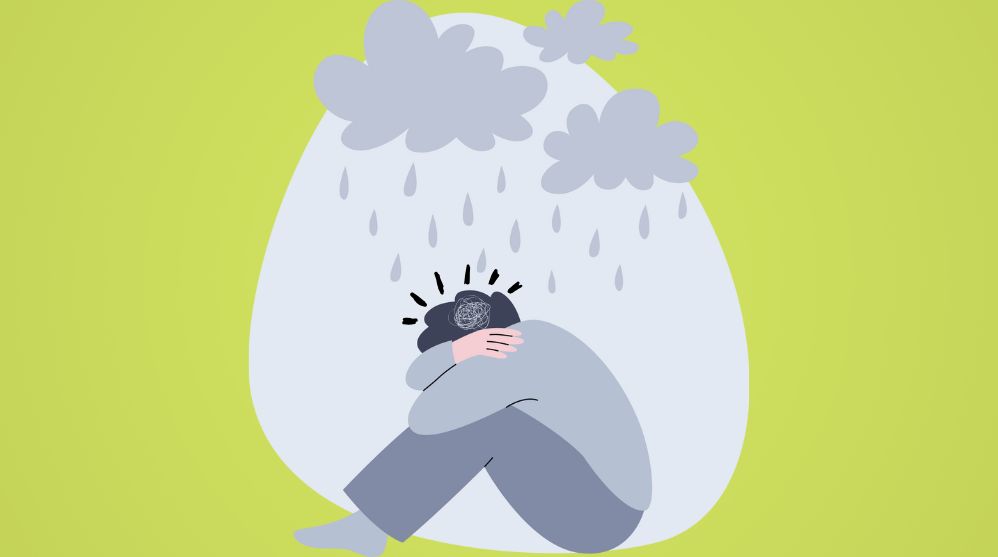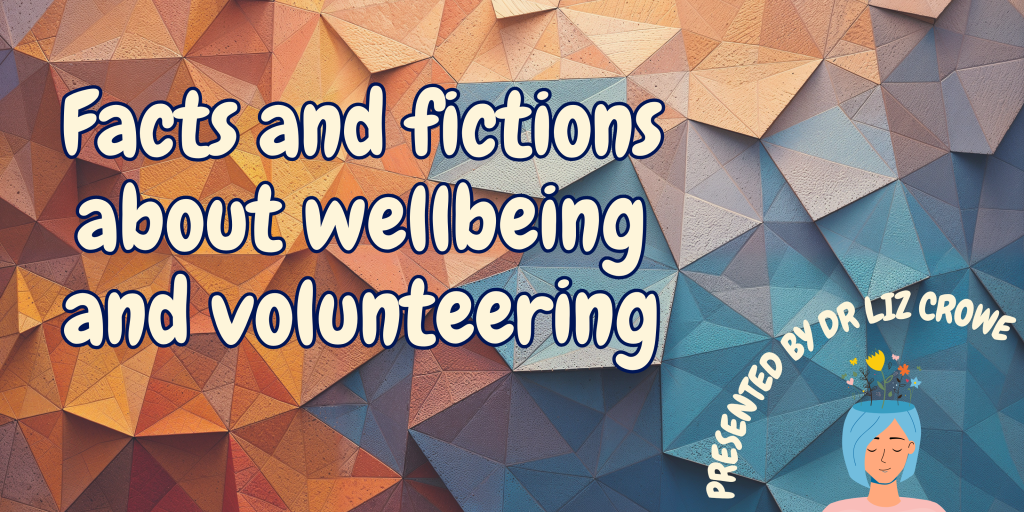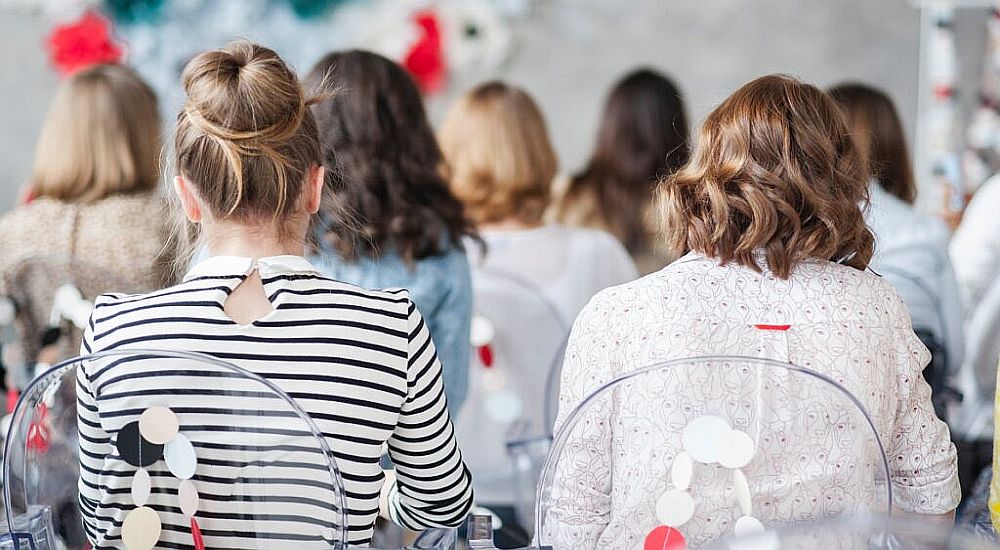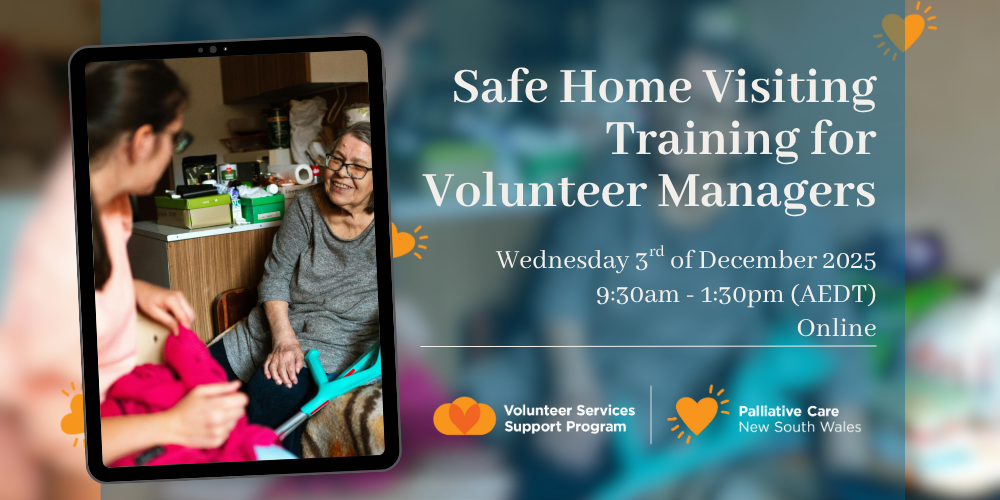
Beyond stoicism: Supporting grieving men
- by Kate Bowman
- April 3, 2025
The Weight of Unspoken Grief
Many of us working and volunteering in palliative care, perhaps especially in regional or rural areas, have likely encountered someone like Bruce. Picture a farmer, maybe from out west NSW, whose wife passed away a few months ago after a long illness. The palliative care team might have supported them at home, getting to know them both.
Since his wife’s death, Bruce has been throwing himself into the physical demands of the farm – fixing fences, tending to stock, driving the tractor until dusk. When neighbours or friends ask how he’s coping, he offers a curt, “Yeah, good thanks,” or a non-committal, “Battling on.” His mates might slap him on the back at the pub or the saleyards, telling him to “keep busy” and “stay strong for the kids” (if he has them). He might dismiss offers of cooked meals or help around the place, insisting he’s “right.”
But perhaps a volunteer, during a follow-up bereavement visit or seeing him in town, noticed a brief moment when the facade dropped – a thousand-yard stare while leaning on a fence post, a flicker of deep sadness before the “she’ll be right” mask returned. He’s carrying an immense weight, likely feeling adrift without his partner of decades, potentially overwhelmed by practicalities his missus used to manage, yet the unspoken rules of his world are clear: Men get on with it. You don’t burden others. You keep your chin up.
Whether for country folk or city folk, Bruce’s example embodies a familiar pattern we often see. While grief is universal, men frequently face intense societal pressure to appear stoic and self-reliant, leaving little room for the messy, vulnerable reality of loss. This perceived need to “be strong” can create a lonely and isolating experience. Bruce’s silent struggle highlights a wider issue: the complexities of men’s mental health in bereavement and why it’s crucial for us, as supporters, to understand these dynamics and help create a more healing culture.
Masculine Norms and Hidden Grief
We often hear the phrase “be strong” or “keep busy” directed at men, especially during difficult times. This cultural script dictates that men should be stoic pillars, providers, and protectors, often leaving little room for vulnerability or the open expression of sadness, fear, or confusion that accompany grief.
Adhering rigidly to these norms can lead to significant challenges:
-
Delayed or Complicated Grief: Suppressing emotions doesn’t make them disappear. It can lead to grief becoming stuck, manifesting later as anger, irritability, physical ailments, substance use, or difficulties in relationships and work – we might worry about Bruce down the track if he doesn’t find an outlet.
-
Isolation: The pressure to appear strong can prevent men like Bruce from reaching out, making them feel profoundly alone even when surrounded by potential support in their community.
-
Misunderstood Expressions: Grief might not always look like tears. For some men, it might surface as anger (often masking deeper pain, as Kübler-Ross noted), intense focus on practical tasks (like Bruce’s farm work), withdrawal, or even denial. Prolonged denial, while perhaps initially protective, can hinder long-term well-being.
As supporters, recognising that grieving is a natural, human process for everyone is crucial. Men are not exceptions. The journey through denial, anger, bargaining, depression, and acceptance is fluid and unique to each person, but the societal expectation of silence can be a significant bottleneck.
Recognising and Creating Safe Spaces
How can we, as volunteers and health supporters, help men navigate grief within these constraints?
-
Observe with Compassion: Be attuned to subtle signs. Is a client’s son unusually quiet or irritable? Is a husband focusing solely on logistics, avoiding conversations about feelings? Does a male client dismiss his own emotional needs? Be aware these might be expressions of grief under pressure.
-
Create Invitational Spaces: Our presence can be powerful. We don’t need to force conversations, but we can create openings. Simple phrases like, “This must be incredibly difficult,” “It’s okay to feel whatever you’re feeling,” or “I’m here to listen if you ever want to talk,” can signal safety and acceptance without pressure.
-
Validate All Expressions: Acknowledge the validity of any emotion shown, even anger or frustration. Saying “It’s understandable to feel angry right now” can be more helpful than trying to shut it down. Validate silence too, sometimes just sitting quietly alongside someone is the most profound support.
-
Acknowledge the Difficulty: Recognise the societal pressure they might feel. Phrases like, “It can be hard for men to talk about these things in our culture,” can sometimes open a door by acknowledging the external barrier.
-
Offer Diverse Outlets (Gently): While direct conversation is one way, remember other forms of processing. Some men might find solace in practical tasks, reminiscence (sharing stories), listening to music, or quiet reflection. Support these activities as valid parts of their coping process.
Encouraging Connection and Coping
Grief thrives in isolation. Men taught self-reliance may find it especially hard to lean on others.
-
Be a Bridge: Your consistent, non-judgemental presence can be a vital connection point. You represent a safe person outside the potentially complicated family dynamics.
-
Normalise Seeking Help: If appropriate, gently normalise the idea of seeking support. This could range from suggesting family conversations, mentioning support groups for bereaved individuals, or noting that talking to a counsellor or therapist is a sign of strength, not weakness. Frame it as another tool for navigating a difficult time, like seeking medical advice for a physical ailment.
-
Acknowledge Healthy Coping: Affirm the healthy coping strategies you observe, whether it’s spending time with family, engaging in hobbies, exercising, or finding moments for quiet reflection. Help differentiate between healthy coping and avoidance (e.g., overworking, substance use) if concerns arise, perhaps by gently exploring how they are really feeling.
Fostering Healing Through Understanding
Supporting grieving men requires understanding of the unique cultural pressures they face. By challenging assumptions, recognising the varied ways grief can manifest, and offering a consistent, compassionate presence, volunteers can make a significant difference.
The aim isn’t to “fix” their grief, but to walk alongside them, offering validation, safety, and connection. Remind them vulnerability is seen not as weakness, but as a courageous step on the journey of healing. As a volunteer, your presence, your listening ear, and your understanding heart are tools of comfort.
Upcoming Events
- NOVEMBER 11, 2025
- 10:30 AM - 11:30 AM
Facts and fictions about wellbeing and volunteering
Wellbeing is a deeply personal experience, shaped by each individual’...
Read more- DECEMBER 2, 2025
- 10:00 AM - 12:00 PM
NSW Network of Managers of Palliative Care Volunteers – December meeting & Christmas lunch
The role of the Network is to ensure best practice for managers of palliati...
Read more- DECEMBER 3, 2025
- 9:30 AM - 1:30 PM
Safe Home Visiting – Training for Palliative Care Volunteer Managers
Safe Home Visiting will assist you to make your home visits productive and ...
Read moreBecome a member of Palliative Care NSW
Palliative Care New South Wales is the peak body in NSW representing palliative care providers and those with an interest in palliative care. Palliative Care New South Wales is a member of the national peak body Palliative Care Australia.
Join today and receive discounts, benefits and more!
Special member rate available for volunteers.
Subscribe to our eNews
Be the first to know our latest new, events, and research!
SUBSCRIBE TO ENEWS





